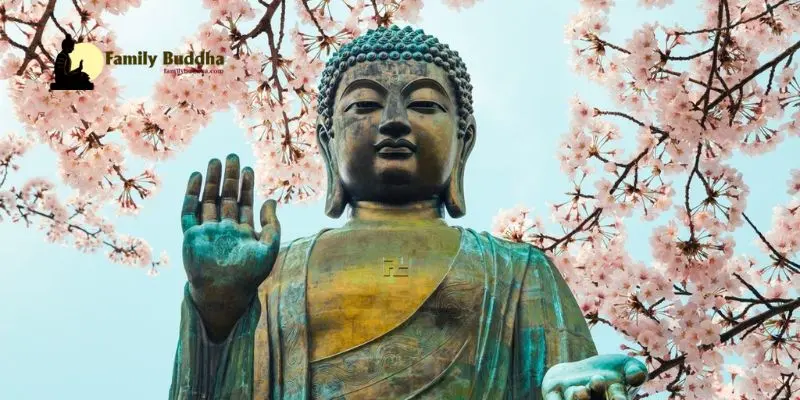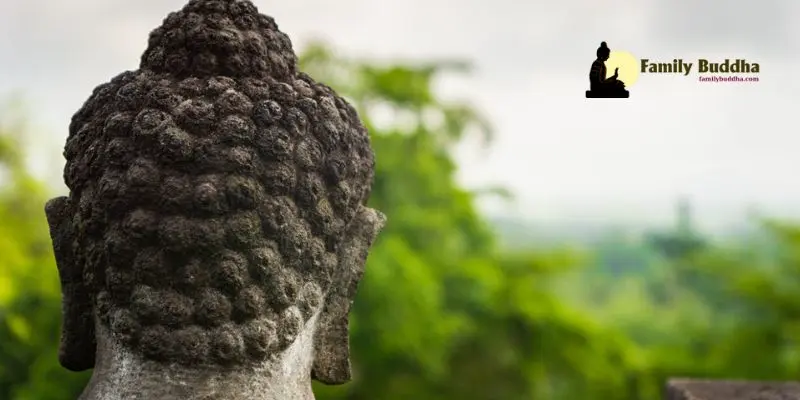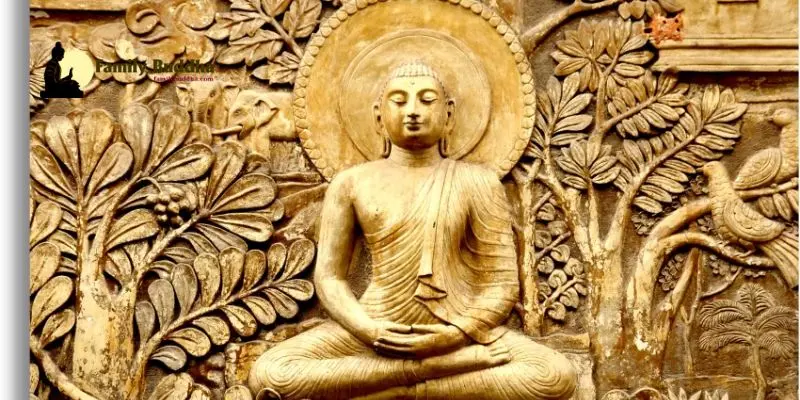Have you ever gazed upon a lotus flower emerging pristine from muddy waters, and felt a sense of awe? This resilience, this journey towards purity, mirrors the very essence of “salvation” in Buddhism. Now, “salvation” might seem like a loaded term, especially if you’re used to a Western religious context. But in Buddhism, it’s less about being “saved” by an external force and more about embarking on a transformative journey of self-discovery and liberation. Think of it as “giác ngộ” – a beautiful Vietnamese phrase encompassing awakening and enlightenment.
Unraveling the Meaning of Salvation In Buddhism
Buddhism, with its roots in ancient India, offers a unique perspective on life, suffering, and ultimately, liberation. Unlike some religions that focus on a divine savior, Buddhism emphasizes our innate potential for awakening. This awakening, this “salvation,” is not some far-off reward but an ongoing process of understanding and transforming ourselves. It’s about breaking free from the cycle of suffering, or “samsara,” and attaining a state of lasting peace and liberation known as Nirvana.
The Heart of the Matter: Understanding Suffering and its Causes
As the Vietnamese proverb goes, “Có ở đời khổ mới biết đường tu” (Only when you experience suffering in life, do you know the path to cultivate). Buddhism acknowledges that suffering is a universal experience. From the subtle pangs of dissatisfaction to the profound pain of loss, suffering colors our existence.
But Buddhism goes beyond mere acknowledgement. It encourages us to explore the root causes of suffering, often attributed to our attachments, desires, and ignorance. This exploration forms the crux of the Four Noble Truths, the foundation of Buddhist teachings.
Navigating the Path to Salvation: The Four Noble Truths and the Eightfold Path
1. The Four Noble Truths: A Framework for Understanding
- The Truth of Suffering (Dukkha): Life, in its impermanence, inevitably involves suffering.
- The Truth of the Cause of Suffering (Samudaya): Suffering arises from our cravings, attachments, and aversion.
- The Truth of the Cessation of Suffering (Nirodha): Suffering can cease by overcoming these cravings and attachments.
- The Truth of the Path to the Cessation of Suffering (Magga): This path is the Noble Eightfold Path, a practical guide to cultivating wisdom, ethical conduct, and mental discipline.
2. The Eightfold Path: A Roadmap to Liberation
- Right Understanding: Developing wisdom and understanding the Four Noble Truths.
- Right Thought: Cultivating compassionate, kind, and non-harming thoughts.
- Right Speech: Speaking truthfully, kindly, and avoiding harmful speech.
- Right Action: Engaging in ethical and moral conduct.
- Right Livelihood: Earning a living in a way that doesn’t cause harm.
- Right Effort: Cultivating wholesome qualities and abandoning unwholesome ones.
- Right Mindfulness: Paying attention to the present moment with clarity and non-judgment.
- Right Concentration: Developing focused attention and mental clarity through practices like meditation.
Beyond the Individual: The Role of Compassion and Interconnectedness
Buddhism recognizes that “salvation” is not just an individual pursuit. It’s deeply intertwined with our connection to others and the world around us. Compassion, or “karuna,” plays a pivotal role in this journey.
“Phật tại tâm” – the Buddha resides within each of us. Recognizing this inherent Buddha nature in ourselves and others fuels compassion and reminds us that our actions have ripples. By cultivating compassion, we contribute to alleviating suffering not just for ourselves but for all beings.
Living Buddhism: Integrating Teachings into Daily Life
Buddhist teachings aren’t meant to be confined to temples or meditation cushions. They offer practical guidance for navigating the complexities of daily life.
- Practice Mindfulness: Engage in mindfulness practices like meditation to cultivate present moment awareness and reduce stress.
- Cultivate Compassion: Practice kindness and compassion towards yourself and others.
- Live Ethically: Make choices that align with the principles of non-harming and ethical conduct.
- Study Buddhist Teachings: Deepen your understanding of Buddhist philosophy and practices.









